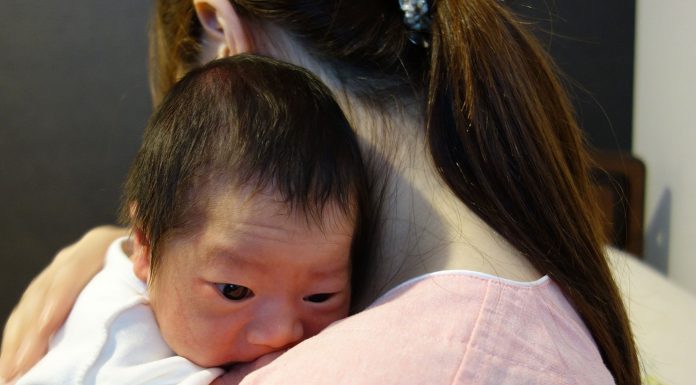Ever felt morally torn at being unable to deliver quality care through understaffing? Or felt ethically compromised at providing high tech interventions that just prolong the dying process?
If so, you are not alone, according to preliminary findings from the first major survey of New Zealand nurses about moral distress. The Massey University research team, lead by nurse researcher Dr Martin Woods, found 48 per cent of the 400 plus respondents had at some stage considered quitting their job because of moral distress. Moral distress was also behind16 per cent actively considering quitting right now, in particular, younger nurses.
Moral distress in nursing is the phenomenon first described in the 1980s by American nurse researcher Andrew Jameton as nurses knowing the ethical or right action to take but feeling powerless or constrained from taking it.
The New Zealand research found that institutional constraints like management cost-cutting pressures, unsafe staffing levels, or incompetent workmates (see box) causing nurses to compromise their care were the most common cause of moral distress. These were followed closely by ethical dilemmas at carrying out unnecessary or unwanted treatments and interventions, often related to end-of-life care.
Woods’ research made the headlines in mid-August with the New Zealand Nurses Organisation (who helped fund the research), College of Nurses Aotearoa, and emails from individual nurses confirming that his research reflected a current and very real problem for nurses.
“We can’t go on ignoring this issue for too long,” says Woods. As part of the research project, he aims to develop guidelines and advice for reducing moral distress issues, including the need for sufficient staffing numbers and the right skill mix to cover each shift.
“Some nurses have found some of these issues quite disturbing, and if nothing is resolved, their feeling of ill ease will linger,” says Woods. “If the feeling continues for a long period, it’s understandable that some nurses will decide to try another branch of nursing or move out of nursing.”
More than 400 nurses took part in the research, about a 33 per cent response rate to the survey that was sent out last year to a random sample of NZNO nurse members working in the public health system. The vast majority were hospital-based, with the most common areas of practice being critical care (22.3 per cent), surgical (18.2 per cent) and medical (17.5 per cent).
Nearly half of respondents had nursed for more than 25 years, and more than 60 per cent were 45 years or older. Only nine per cent were under 35 years old, but it was these younger nurses who had the highest moral distress score and were most likely (19 per cent) to be currently considering leaving their job due to moral distress. The area of practice experiencing the most moral distress was medical nurses.
Woods says many nurses attribute their moral distress to circumstances that are largely outside their control, like staffing numbers, skill mix, and difficulties convincing managers that there are workplace issues to be resolved.
“All these things I think come through quite strongly in the report,” says Wood.
The situations causing the highest intensity of moral distress were working with levels of nurses they considered unsafe (86 per cent), working with incompetent nurses (85 per cent), and witnessing diminished patient care due to poor team communication (82 per cent).
“These are things that are going to need to be paid attention to – it’s not just a nursing issue, it’s an issue across the health services really that affects nurses.”
“Nurses are under huge pressure, and this doesn’t help them address some of the difficult ethical issues that face them.”
He says these ethical issues are more acute than 30-40 years ago, and many of the issues currently causing consternation for nurses involve end-of-life and palliative care.
Woods says a trend he found concerning was that youngest group of nurses (aged between 25-34) reported significantly higher levels of moral distress (a score of 63.4) than their older colleagues, whose moral distress scores averaged between 38 and 47.
He says the younger generation of nurses will have studied ethics as part of their training and there would be some irony if the increased moral distress of younger nurses was due to their training making them more acutely conscious of ethical issues.
Also, it was open to debate whether the older nurses experienced less moral distress as they were more accustomed to being ethically compromised or whether having had less ethical training meant they were less acutely aware of ethical issues.
Woods said the next steps for the research team along with working on the guidelines was analysing the themes raised in the optional additional written comments made by 350 of the respondents – some up to a page long.
“That material is really absorbing and tells a lot more than the survey itself.” ✚






















